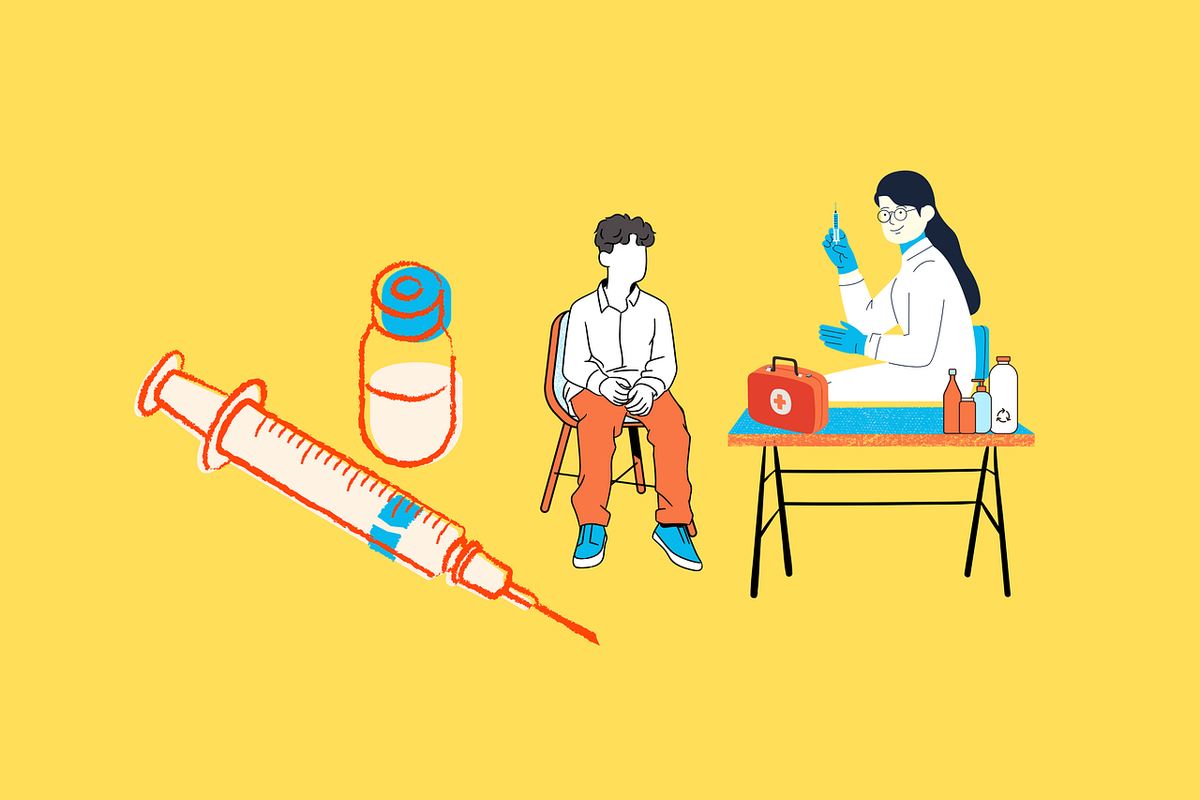Amid growing concerns about the human metapneumovirus (HMPV) in India, the Union Health Ministry assures that this virus isn’t new—it’s been around globally, including in India, for years.
So, what’s the real story behind HMPV? Let’s answer the most pressing questions about its transmission, treatment, and prevention.
Soumya Swaminathan, the WHO’s former chief scientist who led the fight against COVID-19, assures us that the HMPV virus is nothing new—it’s been around for years, so there’s no need to panic.
The Union Health Ministry echoes this, confirming that the virus has been circulating globally, including in India, for many years. First identified in 2001, HMPV has now been officially recognized in India by the Indian Council of Medical Research (ICMR).
Dr. Rajeev Jayadevan, a spokesperson for the Indian Medical Association (IMA) in Kochi, provides clarity on the growing concerns about the HMPV virus. He emphasizes, “There is a lot of public anxiety about the HMPV.
It is a common respiratory virus that most children get by the age of 3 or 4. It’s very rare to have a serious problem with this. Most children would have had at least one bout of this infection in their childhood, including all of us.”
He goes on to reassure the public, stating, “This is not COVID. This is not a killer virus. It has been around for many years in all countries, including ours.”
Dr. Jayadevan’s words highlight a crucial point: while HMPV may be causing some unease due to its recent identification in India, it’s important to remember that it’s been circulating globally for years without causing widespread alarm.
With most children encountering the virus by the age of 3 or 4, and with severe cases being rare, it’s clear that HMPV is more common and manageable than many may realize.
What is HMPV and How Does it Affect You?
HMPV is a respiratory virus that was first identified in 2001, and while it may sound unfamiliar, it has been silently circulating for quite some time.
Dr. Harish Chafle, Senior Consultant Chest Physician at Gleneagles Hospitals, Mumbai, explains that HMPV primarily causes respiratory illnesses, ranging from mild colds to more severe infections like pneumonia and bronchitis. It tends to affect children, the elderly, and those with weakened immune systems the most.
The symptoms often mimic those of a common cold or flu—coughing, congestion, fever, and shortness of breath. In more severe cases, HMPV can lead to hospitalization, especially for vulnerable groups.
Despite its potential for serious illness, most cases of HMPV resolve with appropriate care and do not lead to long-term complications.
How does HMPV Spread?
Like many respiratory viruses, HMPV spreads through droplets in the air when an infected person coughs or sneezes. Close contact with an infected person or touching surfaces contaminated with the virus can also lead to transmission.
The virus can survive on surfaces for several hours, which is why frequent hand washing and disinfecting surfaces are essential preventive measures.
It’s important to note that HMPV can spread easily in crowded environments, making public places like schools and offices hotspots for potential outbreaks. During seasonal transitions, when people are more likely to catch colds, the virus may spread more rapidly.
What Are the Symptoms of HMPV?
HMPV symptoms are similar to other respiratory illnesses, making it difficult to distinguish without testing. The typical symptoms include:
• Coughing
• Runny or stuffy nose
• Fever and chills
• Sore throat
• Shortness of breath
• Wheezing
In some cases, particularly in older adults or those with pre-existing health conditions, the virus can lead to more severe respiratory issues, including pneumonia and bronchiolitis. This is why it’s important to seek medical attention if symptoms worsen or if you belong to a high-risk group.
How Can You Prevent the Spread of HMPV?
While there’s no specific vaccine for HMPV, the best way to protect yourself and others is by practicing good hygiene and following simple preventive measures:
1. Frequent hand washing: Wash your hands with soap and water for at least 20 seconds, especially after coughing or sneezing.
2. Covering your mouth and nose: Always cover your mouth and nose with a tissue or elbow when you cough or sneeze.
3. Disinfecting surfaces: Clean commonly touched surfaces like doorknobs, phones, and light switches to reduce the spread of the virus.
4. Staying home when sick: If you’re feeling unwell, it’s best to stay home to avoid spreading the virus to others.
5. Avoiding close contact: Keep a safe distance from others, especially those who are vulnerable, like the elderly and young children.
How is HMPV Treated?
There’s no specific antiviral treatment for HMPV. Treatment generally focuses on managing the symptoms. Rest, fluids, and over-the-counter medications for fever and pain can help ease the discomfort. In more severe cases, hospitalization may be necessary, particularly if the person has difficulty breathing or if pneumonia develops.
For individuals with pre-existing health conditions or weakened immune systems, doctors may prescribe supportive treatments such as oxygen therapy or inhalers to help with breathing difficulties. It’s important to consult a healthcare provider if symptoms become severe or if you suspect you have been infected with HMPV.
The Future of HMPV in India
The recent confirmation of HMPV cases in India by the Indian Council of Medical Research (ICMR) has prompted heightened awareness, but experts agree that there’s no need for widespread panic.
While it’s essential to stay vigilant, HMPV is just one of many respiratory viruses circulating each year. As with any illness, the key lies in understanding the symptoms, practicing preventive measures, and seeking medical attention when necessary.
HMPV may have made headlines recently, but with proper awareness and preparedness, it’s a challenge we can all navigate successfully. Stay informed, take necessary precautions, and remember: that knowledge is your best defense for your health.



